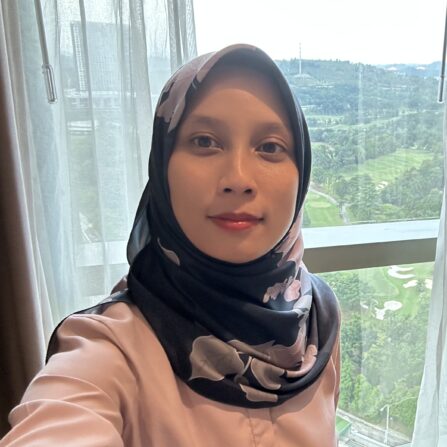
Amalia A.
Project EngineerWhat is the nature of your role and its responsibilities?
As a Project Engineer, I lead and manage facilities improvement projects at one of the leading petrochemical plants in Malaysia. My roles involve planning, coordinating and executing our projects. Some days, I’d be on my corporate wear meeting stakeholders and writing reports. The other days, I’d be in my coverall and safety helmet dealing with issues at site with my contractors.
What led you to follow this career path?
Growing up, I find myself always enjoyed building Lego blocks (at the age of 32, I still do), solving puzzles and finding out how things work. I was always curious as a kid. I excelled at Maths and Physics better at school compared to other subjects, so my parents suggested me to pursue Engineering. Engineering (especially Mechanical Engineering) was traditionally associated with men during my time. I was kind of skeptical with this choice initially. But hey, I am glad I chose this path. I still enjoy building blocks now as much as I did 25 years ago, only this time, they are real, concrete blocks.
What qualification(s) or training did you complete?
Bachelor Degree in Mechanical Engineering (Bachelor degree is just the basic requirement to become an engineer in Malaysia). Along the way throughout my career, I have enrolled to various project management trainings i.e. cost, time, quality, HSE, risk, procurement, stakeholder, integration, resource management. This is to help upskill me to manage my projects better, as well as a platform for me to engage with fellow project engineers to exchange ideas and experience. Currently, I am on my way to get certifications on PMI Project Management Professional (PMP) and AACE Certified Cost Professional (CCP).
How are your qualification(s) or training useful in your everyday job?
Well, while all these certificates are just pieces of paper that you carry in your file to attend job interviews, the value behind it is far more than that. Being an engineering graduate preps you to become analytical and a natural problem solver. You will find yourself naturally able to break down complex problems into manageable parts and critically think for solutions. You are a natural thinker and you will be drawn to always try to find logic and solutions to everything! They actually help. You may not realise it on the spot, but you’ll be amazed when you ponder on your growth ten years forward.
What does an average working day look like for you?
I work a boring 8-5 job. But since I am residing and working in a surburban area, I have the privilege to live a rather peaceful, stress-free life. I can afford to buy a home conveniently located near my office and avoid rush-hour traffic when commuting to work. So everyday, I get to enjoy slow morning at home, spending a little time with my husband (and our 2 cats) over a cup of coffee before work. I get to go home daily at lunch break for a short pause between work. And I’d make sure to leave work by 5.30PM to make time for my little family or my hobbies. That is my kind of work-life balance. Love your job and work hard, but always love yourself harder.
What aspect of your role do you most enjoy?
When we successfully completed our projects, each and every time. I always love the feelings; proud, thankful, satisfying and rewarding. We always work hard as a team, everyone would give their 101%, and when we achieve the goal, we would always celebrate and reward each other. That always boosts up the team morale and motivates us to strive better next time.
What aspect of your job do you find most challenging?
Being a woman, in an engineering field of oil and gas industry. It is tough because the society is accustomed to men playing these roles. Sometimes, women have to work harder to prove ourselves better. Sometimes, our voices are unheard and our opinions are dismissed. Hence why, over the years, I’d equip myself with more and more knowledge so I can technically prove myself to be at par (if not better) with my male counterparts and I had to learn the skills to manage “tough men at work”. This challenge is also kind of a blessing in disguise. Right now, this is the motivation for me to take professional certifications. Women should never be undervalued in this field.
What would be your top piece of advice for anyone wanting to become a project engineer?
Pursue it! Truthfully, the engineering and oil & gas industries need more women, and I’m passionate about increasing female representation in our field. I am fully committed to supporting and mentoring the next generation of women engineers, and I will always go the extra mile to help any junior who wants to join this incredible journey.
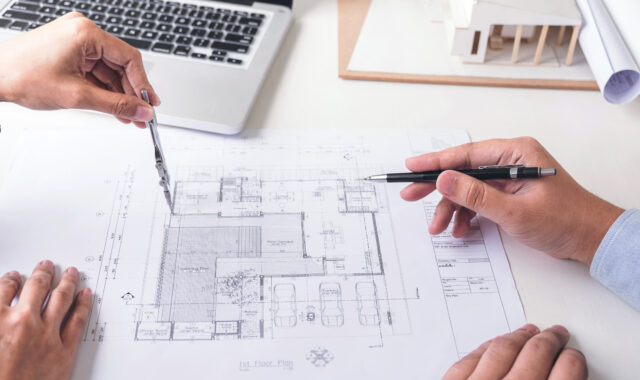
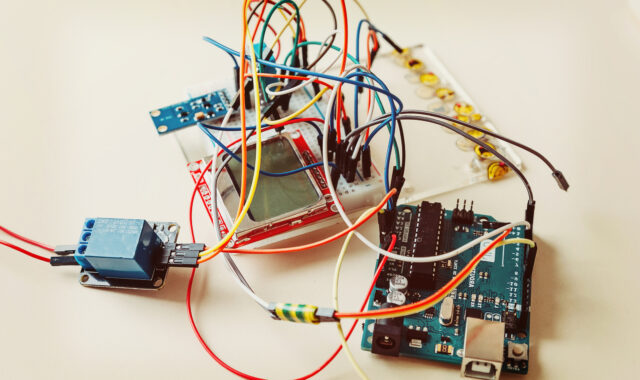
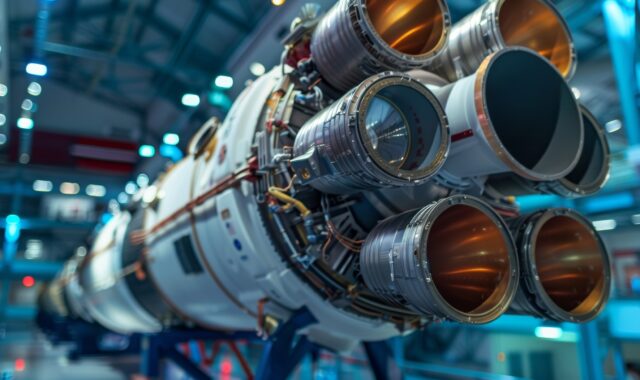
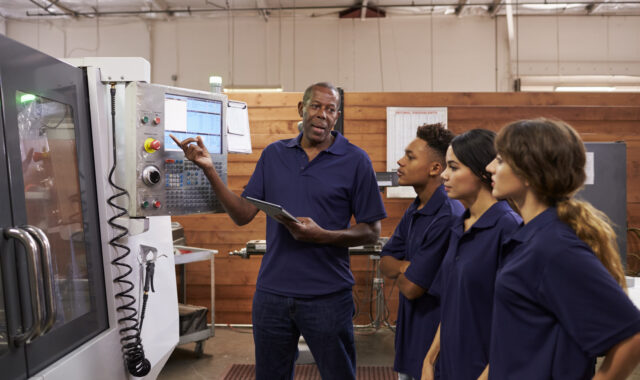
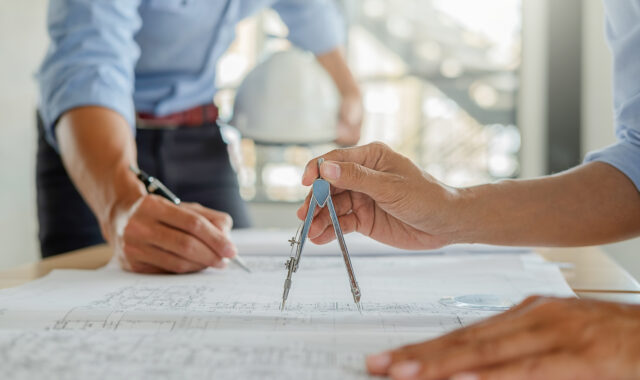
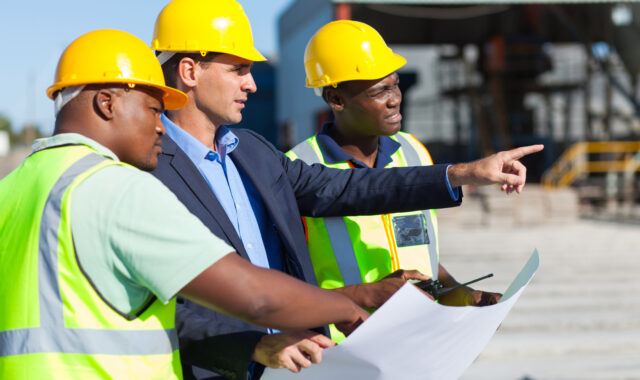
Comments